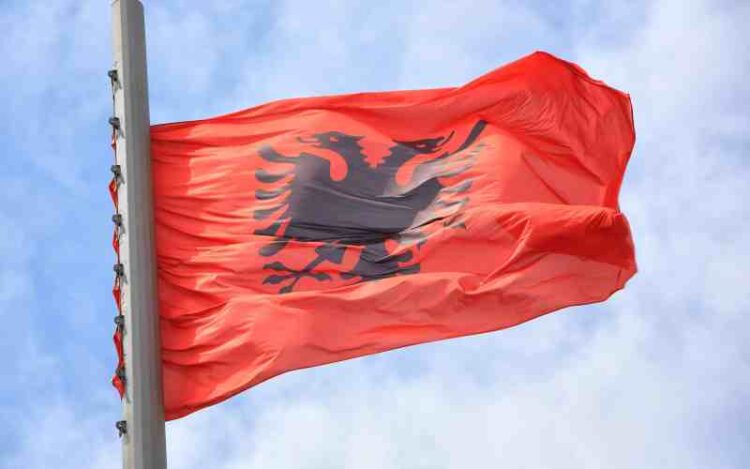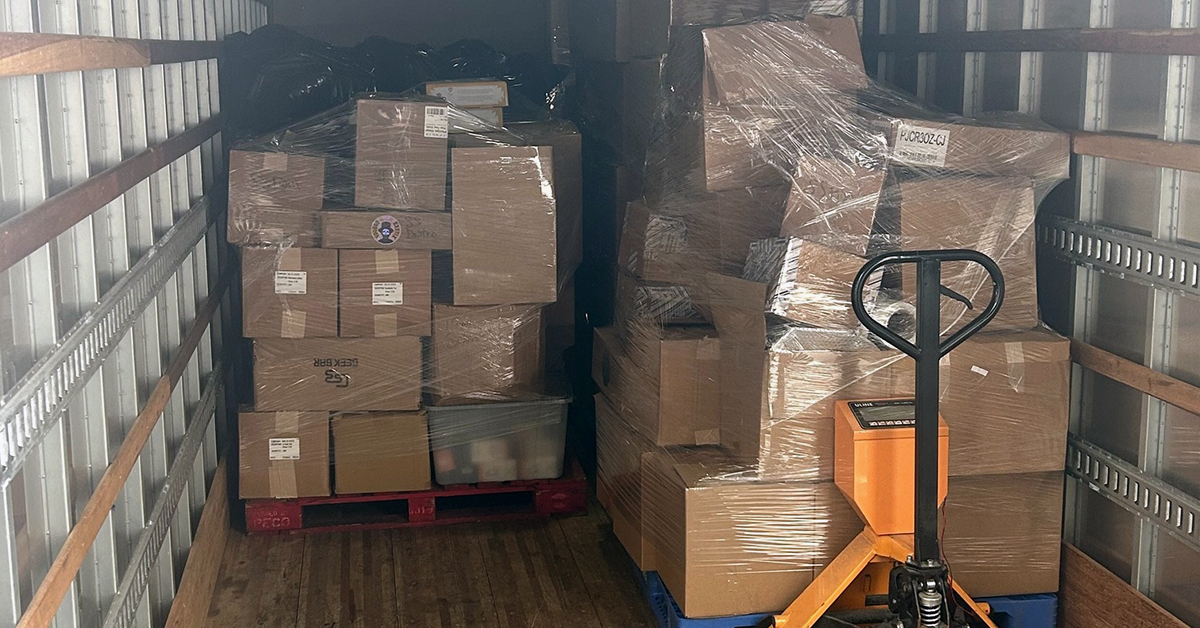On Friday, Albanian legislators gave their approval to a bill legalizing medical marijuana. Despite strong opposition, the country’s parliament cast a vote of 69-23 in favor of regulated and constrained cultivation of cannabis plants, as reported by the Associated Press.
The Associated Press underlined the significance of this bill’s success, considering Albania’s reputation as a hub for marijuana smuggling within Europe.
In the aftermath of the Communist era, weak governance in Albania led to a surge in marijuana cultivation. Drug trafficking saw a significant boom. With the left-wing Socialist Party government, led by Prime Minister Edi Rama, coming into power in 2013, eradicating cannabis plants became a priority. Within the next two years, cannabis plants worth an estimated 7 billion euros ($8.5 billion), constituting over two-thirds of the country’s annual gross domestic product at the time, were destroyed. A tragic incident in 2014 saw the death of a police officer during an anti-drug operation in a southern village. The police faced rocket and automatic weapon fire from drug cultivators. Albania continues to be a primary route for hard drug smuggling. Although isolated incidents of cannabis cultivation are still suppressed by police, these crackdowns are less frequent than a decade ago.
In the previous year, a high-ranking official in the Albanian government was arrested on charges of cross-border drug smuggling.
The official, Erisa Fero, was the IT director of the country’s leading intelligence agency at the time of her apprehension.
As covered by VICE in January, during the arrest:
Albanian authorities claimed that Fero misused her official government ID to evade police checks and searches. Fero’s alleged romantic partner, Leke Basha, 30, and a 17-year-old suspect, were taken into custody on charges of drug trafficking. Meanwhile, two suspects on the North Macedonian side, believed to have been intended recipients of the drugs, managed to evade arrest despite a lengthy manhunt, police reported.
The purpose of this legislation is to establish regulations for the licensed cultivation, production, and controlled distribution of cannabis plants and their by-products, for medical and industrial applications. The supervision falls under the National Agency for Control and Monitoring of the Cultivation and Processing of the Cannabis Plant for medical and industrial use and the Production of its By-products, as per the draft law.
Following the approval of this bill this week, it seems that not much has changed. The Associated Press reports that the regulation specifics for the medical cannabis are yet unclear. However, the government anticipates that the legalization of restricted cannabis production can contribute to an increase in tax revenue.
Over the years, Albanian law enforcement has been striving to curb illegal drug trafficking in the country, often in partnership with international police forces.
Back in 2017, the Associated Press highlighted a national operation in Albania aimed at preventing the planting of cannabis.
According to the report, around 3,100 officers were deployed across the country, tasked with inspecting greenhouses, deserted military depots, tunnels, and abandoned residences, which could potentially hide cannabis seeds and small plants. The previous year saw the authorities eradicate about 2.5 million marijuana plants, marking a fourfold increase from the preceding year. Several metric tons of cannabis were intercepted at border crossings or on boats headed for Italy or Greece.









